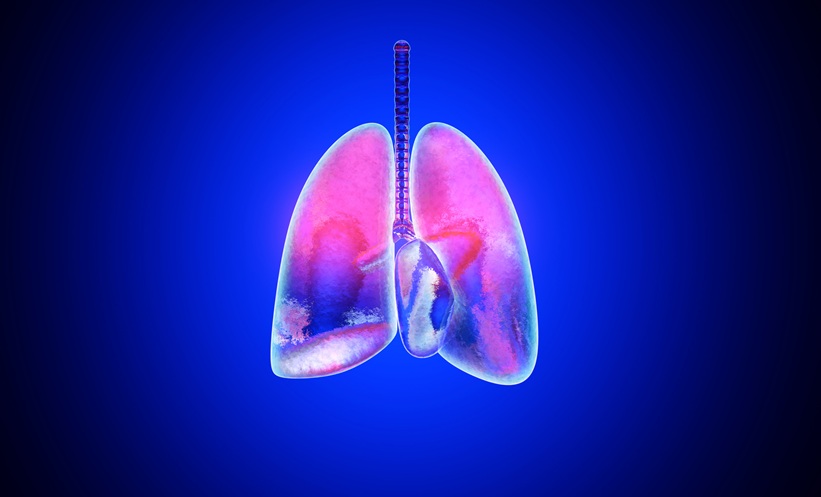Abstract
Primary Sjögren’s syndrome (pSS) is a systemic autoimmune epithelitis and recent advances in our comprehension of its pathophysiology strongly suggest a multi-step process that involves environmental factors (e.g. chronic viral infection, drugs), followed by deregulation of the epigenetic machinery (e.g. DNA demethylation, histone modifications, microRNAs), which in turn specifically affects lymphocytes and epithelial cells leading to an aberrant inflammation. This process is amplified in the case of genetic mutations. As a consequence, autoreactive lymphocytes and autoantigens are produced leading to the development of autoantibodies. Moreover, it was observed that epigenetic modifications in pSS could be reversed, thus providing arguments to suggest that therapeutic strategies targeting the epigenetic deregulation and in particular the PKC-delta/Erk/DNMT1 pathway would be effective in pSS.
Please view the full content in the PDF above.








